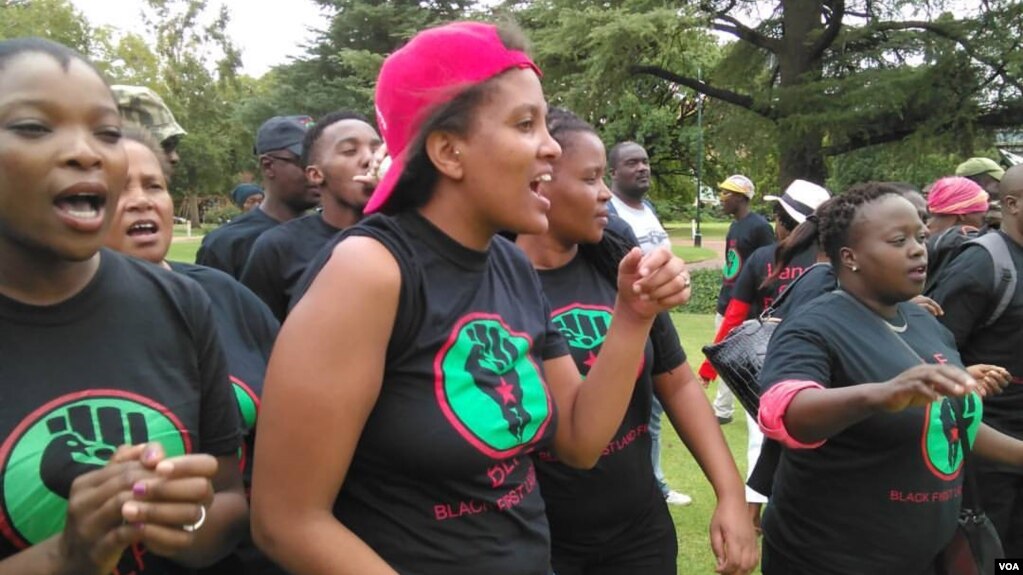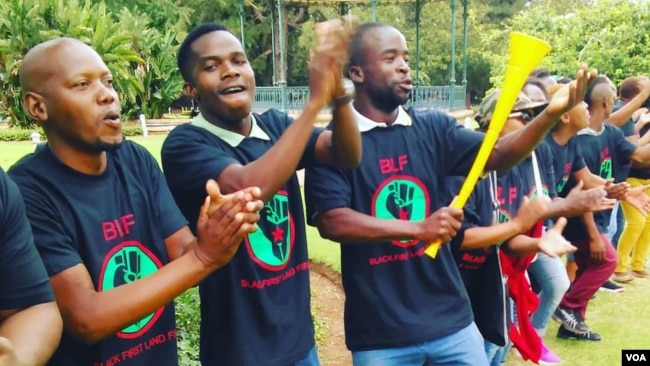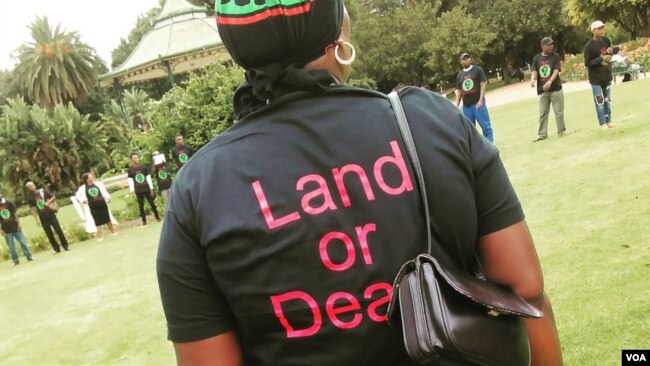African-French dual citizenship

French far-right presidential candidate, Marine Le Pen has been talking tough on dual citizenship.
After watching Marine Le Pen being interviewed on France Deux network many French with dual citizenship are now worried they’ll be forced to give up one of their passports if not leave the country if she becomes president.
Particularly those with dual nationality outside Europe stand to be worse affected , a good number from Africans will thus be concerned.
Le Pen outlined a policy where dual citizens from non-European countries would be forced to make a choice.
Le Pen in the interview said she wouldn’t ask those who didn’t choose French nationality to leave, which is a bit confusing, does that mean that for example someone with a Nigerian passport can stay in France without visa, well maybe resident permit has to be obtained.
On the other hand, I doubt people denouncing their French passport!
Most people would rather stay in France for greener pastures , let’s not forget that with the French visa you can travel to 25 other countries since it’s valid for the Schengen region.
With the passport, you can virtually travel all around the world, French citizens have visa-free or visa on arrival access to 175 countries and territories, ranking the French passport 3rd most-powerful in the world.
Well, there are others who are not in search of greener pastures, and some whose passports can get them to quite a number of places , countries like the US , Japan , Canada even the African country Seychelles can travel to 126 countries with no visa requirement before departure.
When pressed on which nationalities would be considered in her new policy direction, Le Pen stated that Russians would not be affected – but that Americans and Israelis would be.
In 2013, about 38,000 people became dual citizens, most of them from North Africa and many others from Europe but also of course people from all over the world.
Being European,Cameroon, Congo, Ivory Coast, Lebanon, Israel, Morocco, Tunisia, Algeria and the USA would not keep their dual citizenship according to her.
Fingers remain crossed for what will happen to African-French passport holders, if Le Pen makes it to the Elysee Palace in Paris.
African-French dual citizenship [Travel on TMC]

French far-right presidential candidate, Marine Le Pen has been talking tough on dual citizenship.
After watching Marine Le Pen being interviewed on France Deux network many French with dual citizenship are now worried they’ll be forced to give up one of their passports if not leave the country if she becomes president.
Particularly those with dual nationality outside Europe stand to be worse affected , a good number from Africans will thus be concerned.
Le Pen outlined a policy where dual citizens from non-European countries would be forced to make a choice.
Le Pen in the interview said she wouldn’t ask those who didn’t choose French nationality to leave, which is a bit confusing, does that mean that for example someone with a Nigerian passport can stay in France without visa, well maybe resident permit has to be obtained.
On the other hand, I doubt people denouncing their French passport!
Most people would rather stay in France for greener pastures , let’s not forget that with the French visa you can travel to 25 other countries since it’s valid for the Schengen region.
With the passport, you can virtually travel all around the world, French citizens have visa-free or visa on arrival access to 175 countries and territories, ranking the French passport 3rd most-powerful in the world.
Well, there are others who are not in search of greener pastures, and some whose passports can get them to quite a number of places , countries like the US , Japan , Canada even the African country Seychelles can travel to 126 countries with no visa requirement before departure.
When pressed on which nationalities would be considered in her new policy direction, Le Pen stated that Russians would not be affected – but that Americans and Israelis would be.
In 2013, about 38,000 people became dual citizens, most of them from North Africa and many others from Europe but also of course people from all over the world.
Being European,Cameroon, Congo, Ivory Coast, Lebanon, Israel, Morocco, Tunisia, Algeria and the USA would not keep their dual citizenship according to her.
Fingers remain crossed for what will happen to African-French passport holders, if Le Pen makes it to the Elysee Palace in Paris.
African-French dual citizenship [Travel on TMC]





